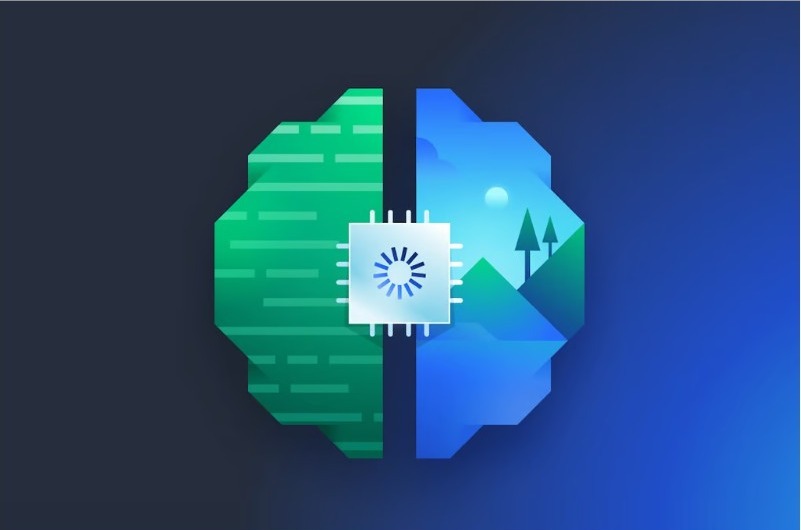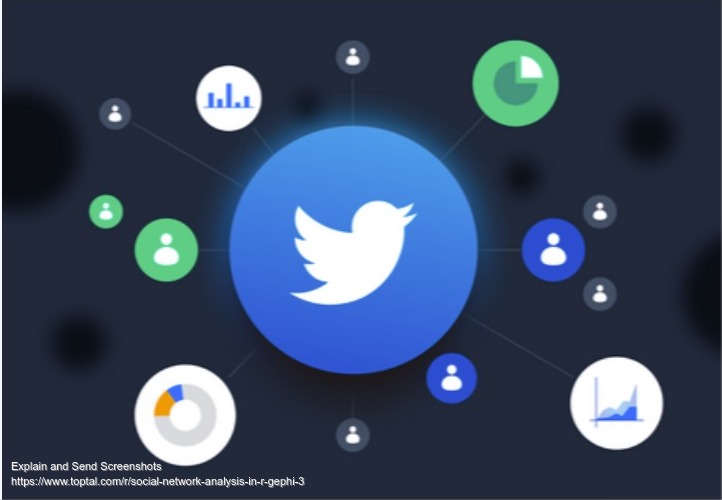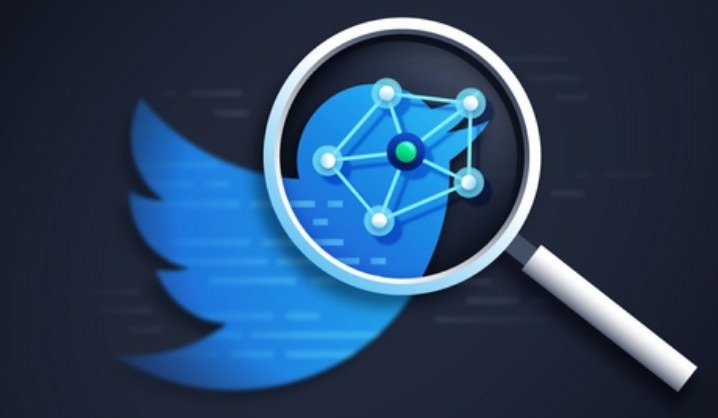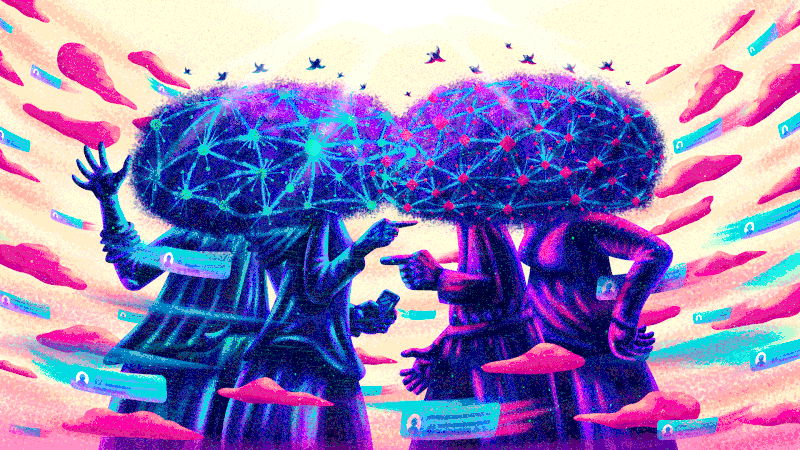
Advantages of AI: Using GPT and Diffusion Models for Image Generation
In this article, I explain how two of the most popular generative AI work: GPT (language model) and Stable Diffusion (text to image). I also show how you can use both through Python and how you can use them together to power up your desired images!
Read more →

Fragmentation and Overlap in the Machinery of Government: A Methodology for Analysis using Artificial Intelligence
Fragmentation and overlaps in the structure of public administration lead to well-known problems of policy inconsistency, duplication of efforts, and reduced accountability. However, it is difficult for human analysts to reliably detect overlap while assessing the mandates and goals of hundreds or thousands of organizational units.
AI offers an answer to the challenges of scale and consistency. Natural Language Processing (NLP) enables the identification of patterns in large volumes of text by algorithmically measuring the levels of linguistic similarity in the mandates and goals of organizational units. This publication proposes a four-step methodology to identify potential overlaps and applies it, as proof of concept, for the analysis of the Argentine public administration.
Read more →

Mining for Twitter Clusters
In this final article of the series on social network analysis through R and Gephi I show you how to characterize communities and their behavior with cluster analysis and the NLP techniques explained in the previous articles.
Read more →

Understanding Twitter Dynamics With R and Gephi: Text Analysis and Centrality
In this second edition of Social Network Analysis at Toptal blog, we do a deeper analysis by: detecting different types of central users, analyzing the topics discussed, and plotting them in the interaction network to produce a very informative plot.
Read more →

Social Network Analysis in R and Gephi: Digging Into Twitter
Social Network Analysis is a hot topic where many want to dig in to understand their clients, community, voters, marketing impact, and more.
In this article, I show you how two of the most powerful tools for network analysis are R and Gephi.
Read more →

Ensemble Methods: The Kaggle Machine Learning Champion
Two heads are better than one. This proverb describes the concept behind ensemble methods in machine learning. Let's examine why ensembles dominate ML competitions and what makes them so powerful.
Read more →

10 Best Data Science Development Frameworks to Use in 2021
In this guide, you will find the best Python frameworks to use for Data Science, one of the biggest growth areas for IT professionals in recent years.
Read more →

A Glimpse into The Future of Data Science
Data science is changing the world, it is at the heart of the fourth technological revolution. But how do we get here? How is the world-changing? What else does this future hold?
Read more →

Twitter, the political laboratory
How similar are the political polarization of Argentina and the United States? How is it reflected in the digital sphere? Together with other colleagues we analyzed millions of tweets linked to the accounts @alferdez and @realDonaldTrump: similarities and differences, who are their main influencers, why do not always the trends reflect the concerns of a society, what threats do they pose to democracy and what are they the costs of changing your mind.
Read more →

Stars Realigned: Improving the IMDb Rating System
IMDb ratings have genre bias: Dramas tend to score higher, for example. Is there a way to remove such biases and discover what makes a movie unique?
In this article, I show you how to refine IMDb scores and create a better ranking system through data science and machine learning techniques.
Read more →

Hiring Data Scientists - Best Practices & Job Description Template
Hiring an IT candidate is one of the hardest tasks that human resource professionals have to accomplish. Demand for IT professionals is greater than available individuals on the market, which produces competition between companies for the scarcely qualified developers. This can result in a lot of poaching of talent from rival employers...
Read more →